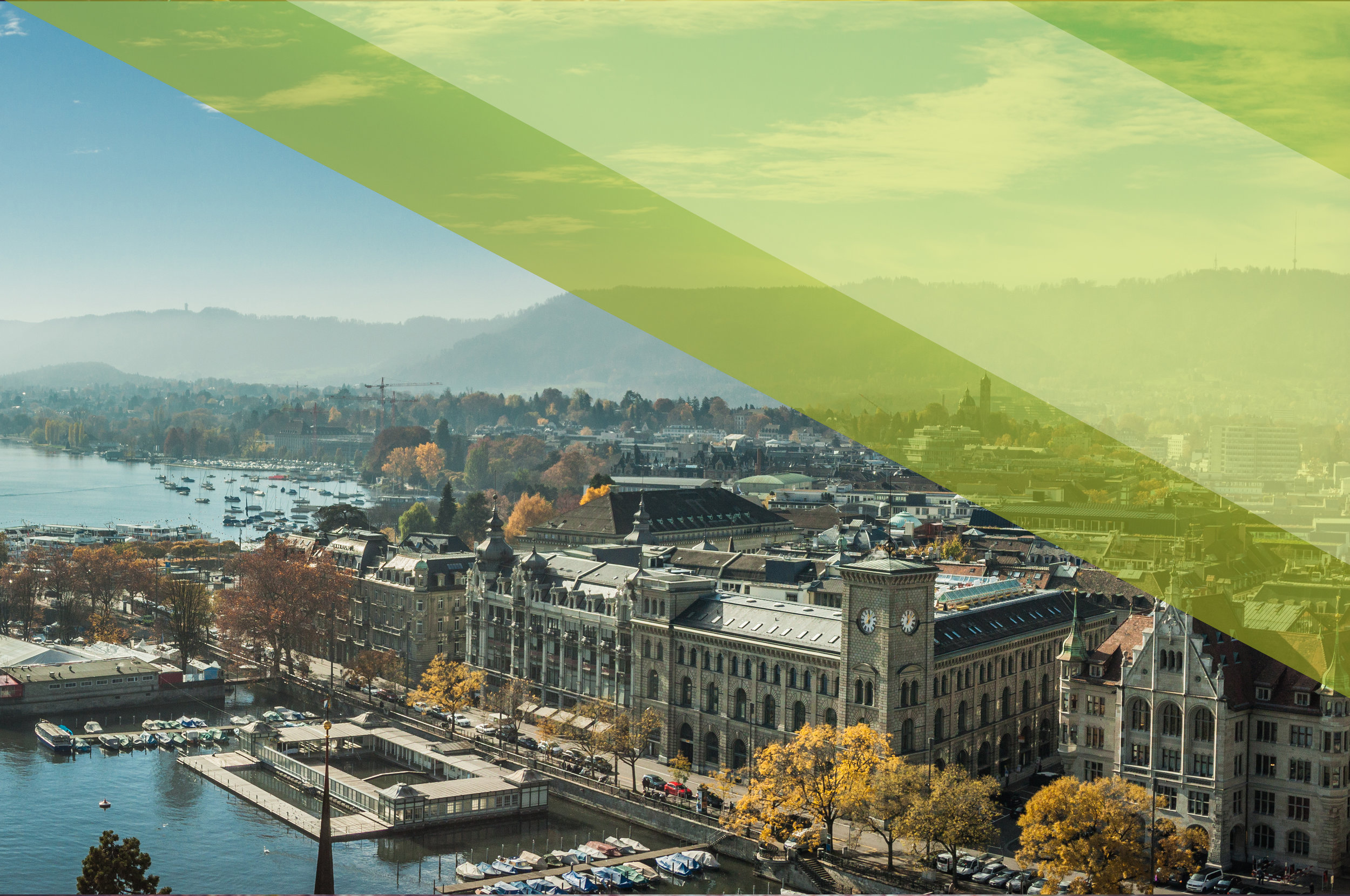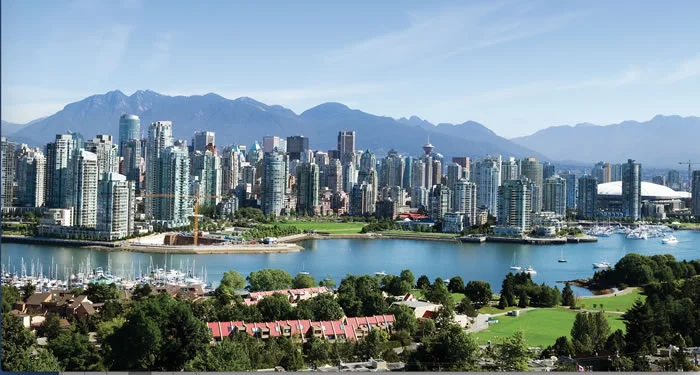
ZURICH, SWITZERLAND: ENJOYING A “LIGHTER” LIFE.
Zurich is the birthplace of the 2000-Watt Society, going from a research focus area of the Swiss Federal Institutes of Technology to a goal for climate change that its concerned citizens adopted through a historic public referendum.
The idea behind Zurich becoming a 2000-Watt Society was to pursue a “lighter” life, one that requires less energy instead of always consuming more. While this an ecological necessity, it can also lead to a better life.
Three quarters of the people on Zurich’s electoral roll voted to:
- Commit to sustainable development
- Reduce its energy consumption to 2000 watts per person per year
- Reduce its annual CO2 emissions to one-ton per person by 2050
- Promote renewable energy and energy efficiency
- Not renew its investments in nuclear power plants
So far, they have achieved these results:
- Reduction of primary energy consumption by 1300 watts per person per year since 1990
- With currently 3900 watts per person, Zurich already reached the 2020 interim goal of 4000 watts per person on the pathway to becoming a 2000-Watt Society
- Since 2015, all households and private customers that cannot choose their electric energy supplier on their own are delivered with electricity from 100% renewable energies, exclusively
- In the transport sector, the energy demand decreased by 13% since 1990
- Reduction of the annual greenhouse gas emissions by 1.5 tons per person since 1990
- Distinct reduction of energy consumption and greenhouse gas emissions in the building sector through thermo technical restoration, that is, the construction of new state-of-the-art buildings and the transformation to renewable energy sources
- Since 1990, the share of renewable energy sources more than doubled from 11% to now 25%
VANCOUVER, BRITISH COLUMBIA: OWNING ITS ENERGY CODE.
Struggling to quantify their carbon neutrality goal of reducing energy consumption by 50% and supplying that amount by renewable energy only, the City of Vancouver, in collaboration with the University of British Columbia and the Provincial Government of BC, used the 2000-Watt Society target to establish a clear energy-framework for the city’s mid- and high-rise housing projects. The City of Vancouver is only one of the cities in North America with the jurisdiction to establish its own energy code for buildings.
So far, as a result of leveraging the 2000-Watt Society framework, Vancouver is now using the German Passive-House standard as their carbon-neutral standard for operating energy and incentivizing projects, for example, fast tracking building permits that reduce its carbon footprint.
MUNICH, GERMANY: USING ENERGY IN PLACE.
On the pathway to becoming a 2000-Watt Society, Munich has established these goals for 2050:
- Reduce per capita greenhouse gas emissions to 1 ton CO2 per capita or less per year
- Most buildings conform to low-energy standards and new buildings have to be built as Passive Houses (100% on-site energy coverage through renewable energy sources) or plus-energy houses (more than 100% on-site energy coverage)
- 100% of the demand for electricity and heating covered by renewable energy
- Intelligent transport concepts whereby public transport is emission-free with moderate prices
- Citizens have learned to consume sustainably: “using in place” instead of owning!
- Munich as an attractive location for green economy: 100% recyclable products
- Establishment of a “Think Tank”: politically independent adviser panel with scientific support
So far, they have achieved these results:
- The city is currently (2014) at 3500 watts per person per year
- Reduction of greenhouse gas emissions to 7 tons CO2 per person in 2014 from 12 tons CO2 in 1990
- Reduction of per capita end energy consumption by 28% since 1990, 5% reduction since 2012
- Reduction of the energy demand in the building sector by 32% since 1990
- The greenhouse gas reduction course, which intends to reduce emissions by 10% every 5 years, is currently accomplished
- Slight per capita end energy reduction in the transport sector by 5% since 1990
- Thermal energy generation by geothermal energy increased by 17% compared to 2012
CANBERRA, AUSTRALIA: SMART CITY FOR SMARTER LIVING.
Canberra makes an end to the often below-average energy efficiency in Australia compared to European standards. In 2016, the Australian government and the administration of the Australian Capital Territory (Canberra) expressed their will to take leadership in sustainable urban development by creating a new landmark neighborhood based on the 2000-Watt Society for more than 5000 inhabitants plus workplaces. In a joint venture with the City of Zurich, the Federal Office for Energy and other institutions, a platform for Swiss knowledge-transfer was created in order to construct a leading-edge efficient and sustainable building-block in Australia.
BASEL, GERMANY: USING LESS RESOURCES, ENHANCING ENERGY EFFICIENCY AND PROMOTING RENEWABLE ENERGY.
For its achievements in reducing the demand of resources and energy with associated emissions, the City of Basel received the gold status of the label “Energy City” and is acknowledged as a pioneer in becoming a holistic 2000-Watt Society.
What makes the City of Basel a flagship 2000-Watt Society city:
- Covers 100% of the electricity demand by renewable energy sources originating from its own industrial factories
- Raises an incentive-tax for non-renewable electricity since 1999
- Financially supports homeowners who install renewable energy
- Covers 34% of the heat supply with renewable energy sources
- Climate-neutral public administration through stringent restoration concepts and building standards for public buildings
- Uses state-of-the-art planning, monitoring and control systems
- Active public communication and sensitization
- Provides a structured plan for sustainable transportation
- Created the first highly sustainable living area certified as a 2000-Watt Society
Ready to ACT?
Join us!
—
Invest!
















